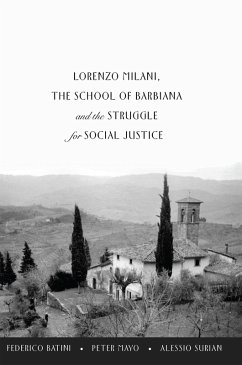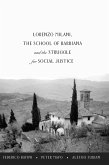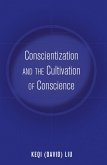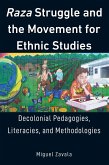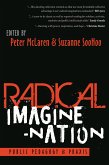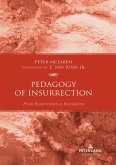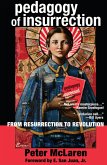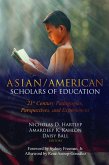This book sheds light on the work of one of the 20 century's foremost critical educators, the Italian Lorenzo Milani (1923-1967), on the 90 anniversary of his birth. It provides an exposition and critical analysis of the ideas contained in his writings, ideas that emerged from his experiences in two Tuscan localities. The work of Milani and the School of Barbiana that he directed provide signposts for a critically and sociologically engaged pedagogy. Important themes include education and class politics; education and imperialism; education and the culture of militarization; the collective dimensions of learning and writing; peer tutoring; critical media literacy; and reading history against the grain. These ideas are analyzed with reference to similar and contrasting ideas by other international educators, scholars and thinkers. As the book argues, Milani's oeuvre contains important ingredients for a social justice-oriented critical pedagogy. The spirit for this pedagogical approach is captured in the School of Barbiana's motto 'I care.'
Dieser Download kann aus rechtlichen Gründen nur mit Rechnungsadresse in A, D ausgeliefert werden.
«As this volume shows, there was quite sufficient material in the Letters to make them extremely significant resources for the development of a critical pedagogy which enabled a move beyond the curriculum as the crucial area of educational contestation.» (From the Preface by Roger Dale, Universities of Bristol and Auckland)
«This cleverly written and sensible book reveals the soul of Lorenzo Milani as manifest throughout his life and action. During the past 46 years, we have seldom had occasion to read such a good and exhaustive summary of the concepts and facts that lie at the heart of Lorenzo Milani's life and human experience. Hic est aut nusquam quod quaerimus.» (The 'evergreen' pupils of Don L. Milani, Don Milani & Barbiana School, Training & Research Center, Vicchio-Florence)
«This rare contribution to the literature bears witness to the reasons educators around the globe must work to formidably rethink critical traditions derived primarily from North American theories of schooling. Through skillfully engaging the revolutionary force of Italian educator Lorenzo Milani's pedagogy and the passion of Lettera a una Professoressa, Federico Batini, Peter Mayo, and Alessio Surian move us brilliantly toward an international vision of critical pedagogy - a humanizing vision firmly anchored upon the everyday lives of those who most suffer the ravages of capitalism's discontent.» (Antonia Darder, Loyola Marymount University, Los Angeles; author of Culture and Power in the Classroom and Reinventing Paulo Freire: A Pedagogy of Love)
«The pedagogical work of Lorenzo Milani is original, inspirational, and relevant for today's realities. A radical democratic educator, he used collective writing as critical literacy production with his young students. His ideas and practices certainly deserve more international attention, and this book provides an engaging and thoughtful introduction to them.
Batini, Mayo, and Surian make an important and timely contribution to the field of critical pedagogy. This is a must-read for all those interested in the connections between education and social justice.» (Daniel Schugurensky, School of Social Transformation, Arizona State University)
«This cleverly written and sensible book reveals the soul of Lorenzo Milani as manifest throughout his life and action. During the past 46 years, we have seldom had occasion to read such a good and exhaustive summary of the concepts and facts that lie at the heart of Lorenzo Milani's life and human experience. Hic est aut nusquam quod quaerimus.» (The 'evergreen' pupils of Don L. Milani, Don Milani & Barbiana School, Training & Research Center, Vicchio-Florence)
«This rare contribution to the literature bears witness to the reasons educators around the globe must work to formidably rethink critical traditions derived primarily from North American theories of schooling. Through skillfully engaging the revolutionary force of Italian educator Lorenzo Milani's pedagogy and the passion of Lettera a una Professoressa, Federico Batini, Peter Mayo, and Alessio Surian move us brilliantly toward an international vision of critical pedagogy - a humanizing vision firmly anchored upon the everyday lives of those who most suffer the ravages of capitalism's discontent.» (Antonia Darder, Loyola Marymount University, Los Angeles; author of Culture and Power in the Classroom and Reinventing Paulo Freire: A Pedagogy of Love)
«The pedagogical work of Lorenzo Milani is original, inspirational, and relevant for today's realities. A radical democratic educator, he used collective writing as critical literacy production with his young students. His ideas and practices certainly deserve more international attention, and this book provides an engaging and thoughtful introduction to them.
Batini, Mayo, and Surian make an important and timely contribution to the field of critical pedagogy. This is a must-read for all those interested in the connections between education and social justice.» (Daniel Schugurensky, School of Social Transformation, Arizona State University)

